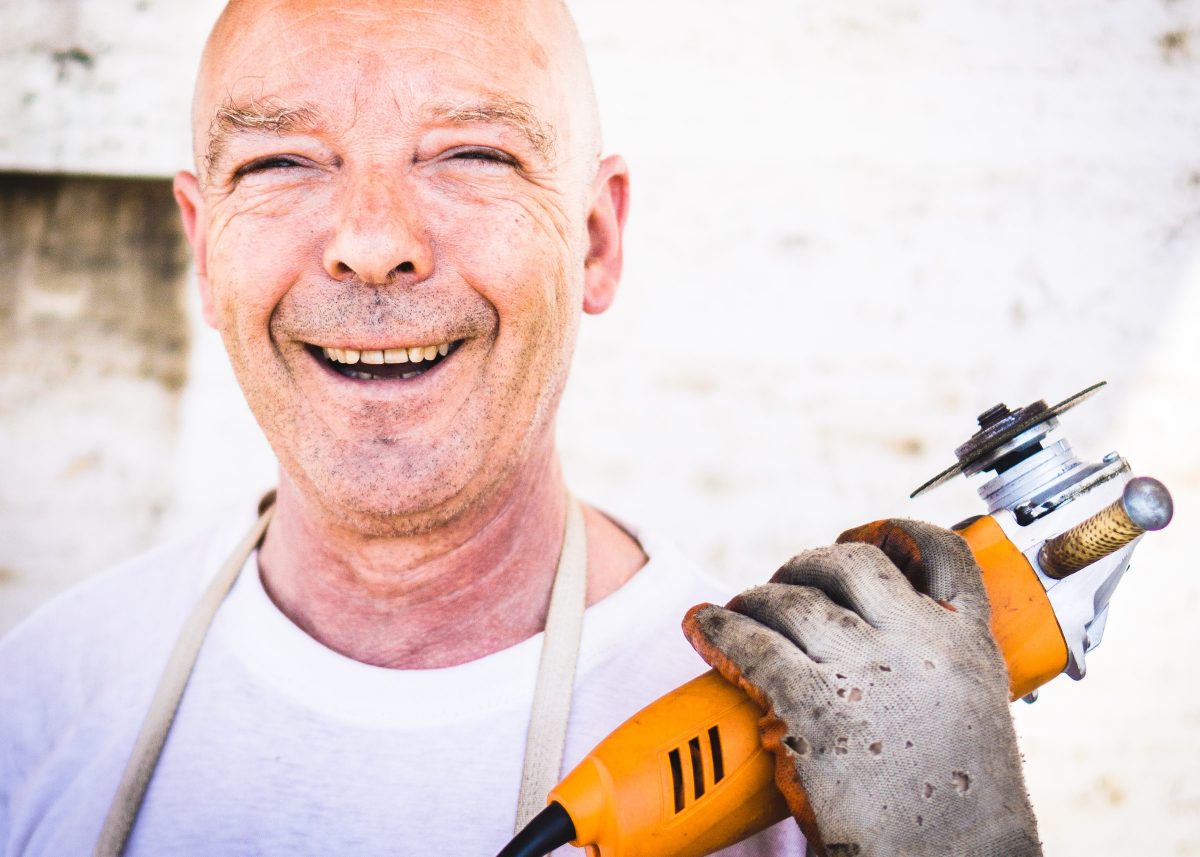
Ageism is still alive and well, especially in the job market. Photo: David Siglin.
Year in Review: Region Media is revisiting some of the best Opinion articles of 2022. Here’s what got you talking, got you angry and got you thinking in 2022. Today, Ross Solly takes a shot at ageism.
This week Joe Biden turned 80. He’s the first octogenarian President in US history. If he decides to contest the next election, wins and serves a full term, he’ll be 86 when he leaves the White House.
Biden’s opponents, including certain Australian media outlets, have been asking aloud how can it be possible someone so old can be holding down the most important job in the world? They have taken great pleasure in replaying Biden gaffes and other examples which they say underscore just how unfit he is for the job.
Biden’s response? Judge me on the work I’ve been doing, and my enthusiasm for the job. People are right, he said, to raise questions about his age and his competencies, but he should be judged on his performance.
Ageism is alive and well, and seems to be a form of discrimination that is still tolerated at a time when nearly every other form of prejudice is frowned upon or even outlawed. And it extends to the job market.
I can tell you firsthand it is not that easy once you reach a certain age to find employment, even in times when we are told we have massive skills shortages and employers allegedly screaming out for more foreign workers to fill vacancies.
I have been fortunate, but I know of many “older” Australians who are struggling just to get to first base.
“Half the time they don’t even acknowledge my application,” one told me.
“I dread face-to-face interviews, because I know exactly what they are thinking when they see my grey hair,” another said.
So why is it so hard for older people to find new careers, to get fresh starts? After all, you can’t beat experience, surely?
One myth is that older people have been left behind by the digital age. Granted, many find it a bit of a struggle to keep up. But plenty of others are more than proficient, and those who aren’t are more than willing to learn.
Older people have the experience of learning to adapt that younger workers are still learning.
Anyone who has been in the workforce for decades has been through enormous change in workplace culture and the ways tasks are carried out. Digital technology is just the latest.
Perhaps the biggest hurdle is that employers don’t want to pay for experience. Why pay $120,000 for an older employee who could bring 30 years of experience and know-how to your workplace, when you could employ two graduates for the same price and train them up?
A common question applicants are asked at job interviews is, “What salary are you expecting?” or, “How much were you earning at your previous job?” If they have to ask the question, then money is obviously more of a driving force than experience.
There’s another theory why older people find it hard to find new jobs. The people doing the interviews feel threatened by their experience, and fear they are more qualified than them and may eventually show them up or, worse still, take their job.
Whatever the reason, ignore older jobseekers at your peril. People shouldn’t forget, the President of the United States and the King of England have a combined age of more than 150.
Original Article published by Ross Solly on Riotact.













